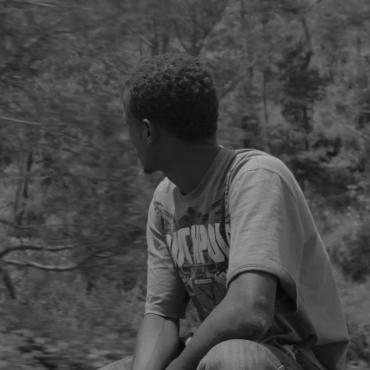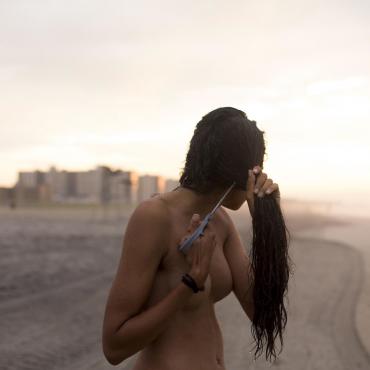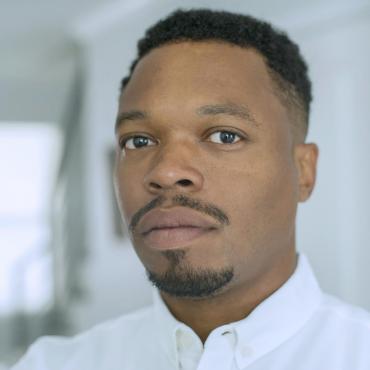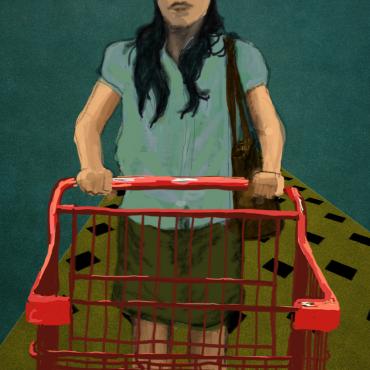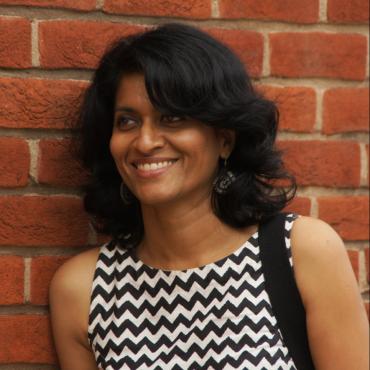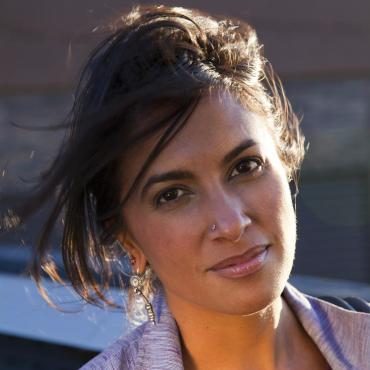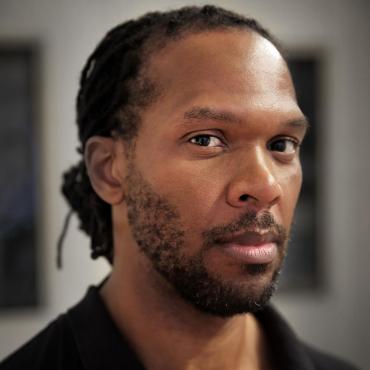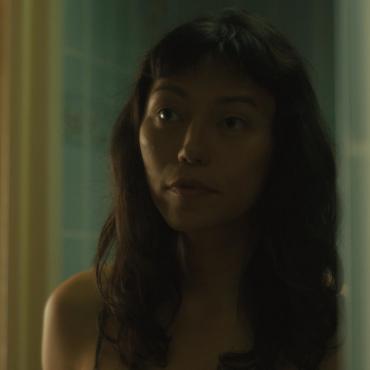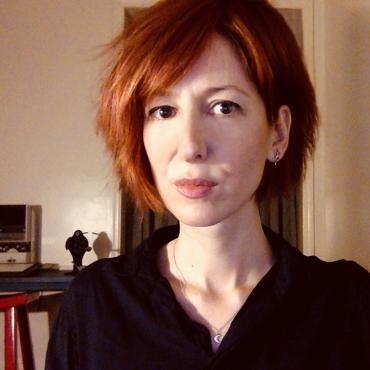The Jerome Foundation Board of Directors authorized 12 grants based on the recommendations of the New York City Film, Video and Digital Production Grant Program Review Panel. This program supports production costs and post-production costs connected to the creation of new narrative, documentary, experimental or animated works in film, video or digital formats by early career filmmakers in New York City.
Of the 213 applications submitted, twelve grants totaling $345,100 were authorized for the productions described below.

